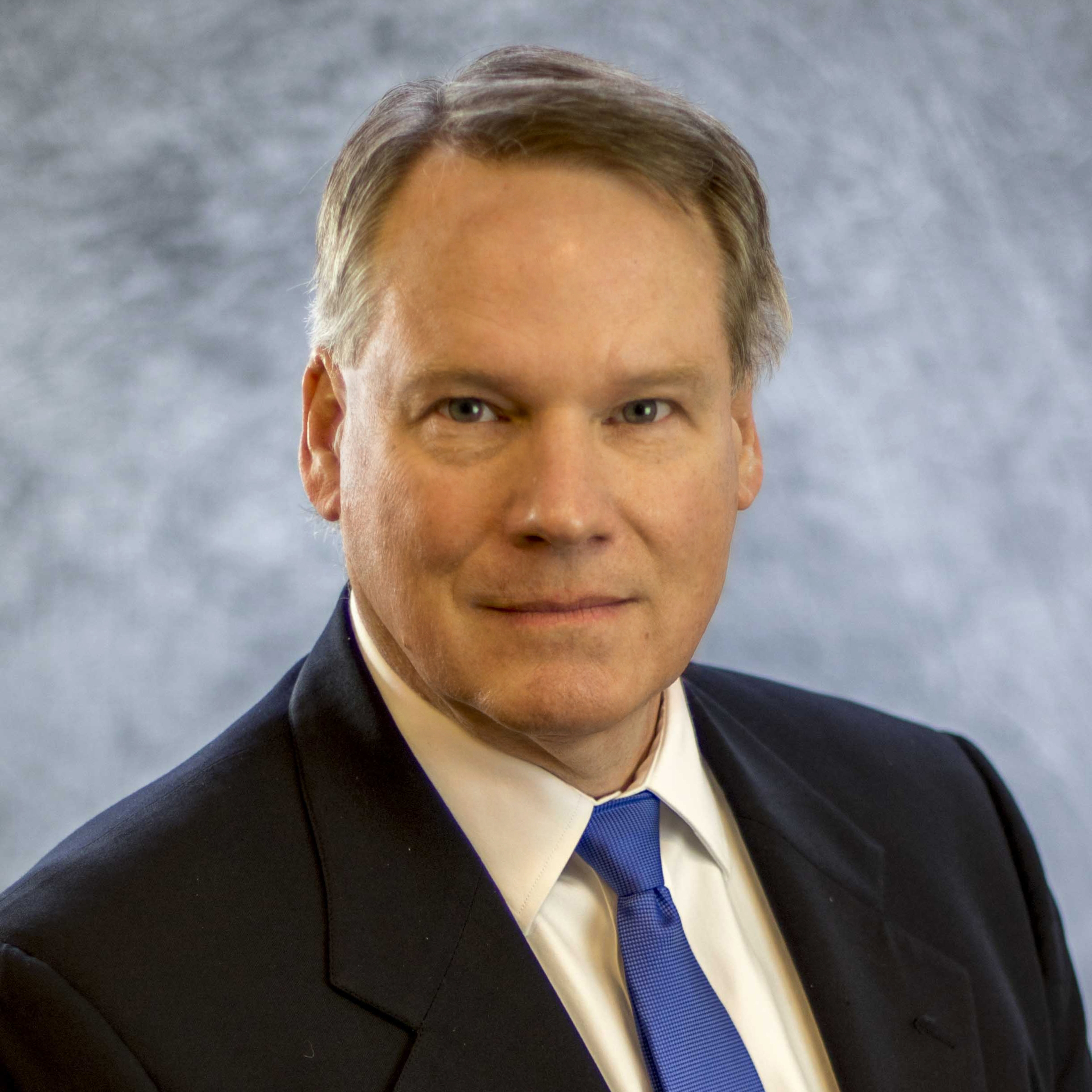State legislators meeting in Olympia are, once again, wrestling with a budget "deficit." I put the word in quotation marks because only in the topsy-turvy world of politics does a $1.3 billion increase in revenue result in a budget shortfall. The amount of tax money now flowing into the state treasury is more than 7% higher than at this time last year, a rate of revenue increase more than double the rate of inflation. Yet state elected leaders plan to boost public spending at an even faster pace, resulting in an estimated $2.2 billion "deficit."
Many lawmakers protest, "But we don’t plan to increase spending that much, that is just the way the budget works." That is exactly the point. Over the years elected officials have made many more promises than taxpayers can keep. Today state government is badly over-extended, unable to meet all the financial obligations that are structurally built into the budget.
One of the biggest cost drivers is health care. State government is the largest employer in the state, and provides one of the most generous salary and benefits packages, including full health coverage for some 105,000 public-sector workers and their families – more than a quarter of a million people altogether. Last year the state spent $504 per employee per month for health care. That is slated to increase 14%, to $592 a month, this year and is expected to rise to $744 a month by 2007.
Instead of blindly funding double-digit increases for health care, the state should let its workers take advantage of the new tax-free Health Savings Accounts. Allowing state workers to choose an HSA would give public employees control over their health care dollars, bring consumer choice and price competition to the health care market, and thus reduce costs for taxpayers. The federal government, for example, offers a choice of several HSA-based plans to federal employees and their families.
More importantly, HSAs would add a major financial benefit for state workers. Right now every dollar the state spends on health coverage goes to insurance carriers, whether it is actually used to buy health services or not. With HSAs, state workers could choose to keep a portion of that money. Any funds not spent on needed health services would stay in the worker’s personal account, 100% tax free, and could be rolled over to the next year. Workers would keep all the investment earnings that build up in the account, again tax free. An HSA is personal property, so employees would keep the money if they change jobs or leave the workforce. HSA funds could be used to supplement retirement income, purchase long-term care, or be passed onto heirs or a surviving spouse, allowing families to build wealth over generations.
Large private employers are already discovering the benefits of individual health accounts. In 2002, Whole Foods Market, the organic grocery store chain, spent $7 million more on health care than it received in premium payments, with further losses projected for the years ahead. The company turned instead to consumer-based individual accounts. In the first year the company saw costs drop by 42%, and employees rolled over a total of $14 million for use in the future. Whole Foods now spends 48% less on health care per employee than the average U.S. retailer, while at the same time providing high quality coverage and a new financial asset to workers.
Times have changed in the world of health care reform. Ten years ago the government-directed plan proposed by First Lady Hillary Clinton was thought to be the solution to our health care woes. When that failed, our state’s leaders decided to adopt many of its provisions at the state level. Washington’s experiment with mandatory, top-down health care reform not only failed to control costs and improve care, it led directly to the collapse of the individual health insurance market.
The individual market has been revived, but the 48 mandates Washington lawmakers still impose on every health care plan sold in the state add at least 17% to the cost of health coverage. No wonder our state’s population of uninsured has reached 600,000 and climbing.
Resolving recurring budget "deficits" requires a fresh approach to government spending. Washington policymakers should adopt practical policy changes, like offering HSAs to public employees, that fundamentally alter the way the state manages our money. Reducing long-term structural costs will ease the heavy financial burden the government places on its citizens, and bring us welcome relief from the seemingly endless financial crisis in Olympia.



